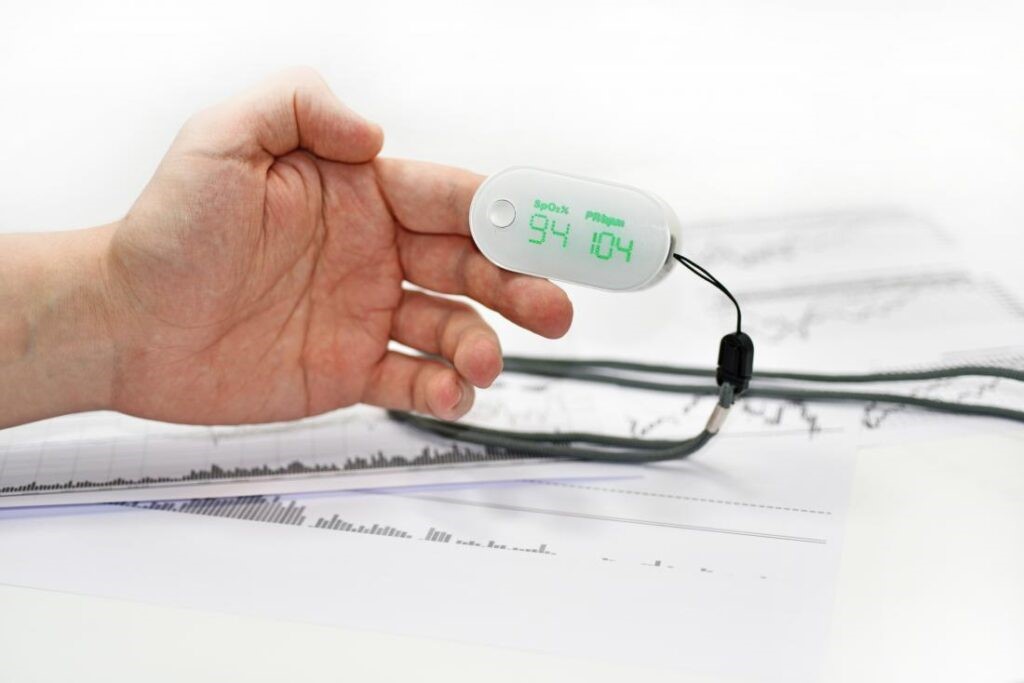A common symptom of patients with pneumonia infected by the new coronavirus is “decreased blood oxygen levels.” Blood oxygen content and body temperature, pulse, breathing, blood pressure, and pain are called the six vital signs, but this concept is not well known to most people. What does the blood oxygen content mean? What are the effects on the human body?
“Blood oxygen content refers to the total amount of oxygen in the blood, including physically dissolved oxygen in the blood and oxygen bound to hemoglobin.” The oxygen inhaled by the human body will eventually be combined with hemoglobin in red blood cells and then distributed to the various organs and tissues of the body. Only in this way the cells can survive and work normally in the body.
What are the effects of blood oxygen levels on the human body?
Because all cells in the human body depend on oxygen for their livelihoods, blood oxygen levels affect almost every part of the body. Low blood oxygen saturation can cause serious systemic complications, such as nervous system hypoxia, which can lead to headaches, dizziness, irritability, mental disorders and even coma; cardiovascular hypoxia can cause myocardial ischemia, and severe cardiac arrest stop, heart failure; hypoxia in the respiratory system can lead to respiratory failure and respiratory arrest.
What is oxygen saturation?

The volume of oxygenated hemoglobin bound by oxygen in the blood accounts for the percentage of the total hemoglobin capacity that can be bound, that is, the concentration of blood oxygen in the blood.
It is not only an important physiological parameter of the respiratory cycle, but also an important indicator of the normal functioning of the human body.
At the same time, the blood oxygen content is not as high as possible, but should be kept within the normal range. Ordinary people want to keep the blood oxygen content at a normal level, one is to keep the air fresh and circulating, and the other is to strengthen the exercise of cardiopulmonary function, enhance the breathing ability and blood transport ability.
Aerobic exercise can effectively improve the function of the respiratory system and to a certain extent improve the ability to resist diseases. Therefore, in the face of the pneumonia epidemic caused by the new coronavirus, we should encourage everyone to exercise regularly, especially aerobic exercise. You can also perform some breathing depth, rhythm, breathing muscle strength and endurance exercises specifically for the respiratory system to improve the ability of the respiratory system.
For home oxygen therapy, selecting a professional oxygen concentrator and using the correct method for home oxygen therapy can increase blood oxygen content, improve the body’s comprehensive immunity, and enhance disease resistance. Oxygen therapy is used to delay the deterioration of the condition and help patients with adjuvant therapy.

